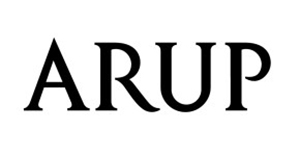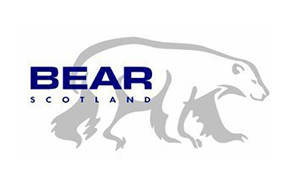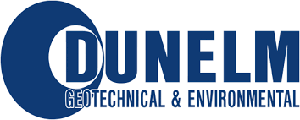Our Programme
The One Planet DTP welcomed its sixth and final cohort in September 2024 and is no longer recruiting.
Ninety-two Postgraduate Researchers are part of or have completed the DTP programme, and we are incredibly proud of them and everything they have achieved. Going forward we will continue to provide a programme that will help our continuing students develop into world-class, interdisciplinary Researchers.

We offer excellent training opportunities in both technical and transferable skills. Training needs will cover technical elements individually tailored to the student and research project, such as:
- statistics
- Big Data and data analysis
- modelling
- computing
The DTP is undertaken as a cohort-based experience. It provides the opportunity to access facilities and source hands-on training in research techniques. This is across a much broader area of expertise (including other disciplines, earlier cohorts, etc.).
Experiential learning
Cross-cohort, cross-discipline and cross-stage interaction is enabled through the RAC mini-projects. This includes ‘experiential learning’ which allows students to apply, reflect on, understand, and articulate their skills. This is a key part of employability.
Students will become familiar with:
- industrial best practice
- standard and advanced risk techniques
- leading-edge research developments applicable to the environmental sectors
This is complemented with expertise in the latest modelling and data handling techniques.
Developing your skills
Students will first follow a common six-month training programme and then spend six months formally developing discipline-specific and cross disciplinary research skills, of which 10-20% will typically be through short courses.
Two weeks per year will typically be spent developing personal and professional skills, integrated into each student’s wider training programme. The remaining time is dedicated to investigation of the research topic and the acquisition of relevant skills and knowledge.
Working with scientists and end users
Our training programme is based around frequent interaction with international scientists and end-users and use of novel training approaches, e.g. Johns Hopkins University’s R3 programme, to teach PhD students transdisciplinary skill sets:
- Rigour to the design and conduct of experiments.
- Responsible research: viewing their work through the lens of social responsibility.
- Reproducibility: thinking critically, and communicating effectively at all levels (Bosch 2018, Nature Geosci., 9).
Co-designed and delivered training
Training will be co-designed and co-delivered with our end-user partners to provide professional skills and attributes required for our new leaders of:
- academia
- industry
- business start-ups
- NGOs
- government
We do this through effective communication, teaching and mentoring.
Watch our videos to find out more!
Hear from some of our current researchers about the unique experience of studying for your PhD with the ONE Planet Doctoral Training Partnership (DTP).








